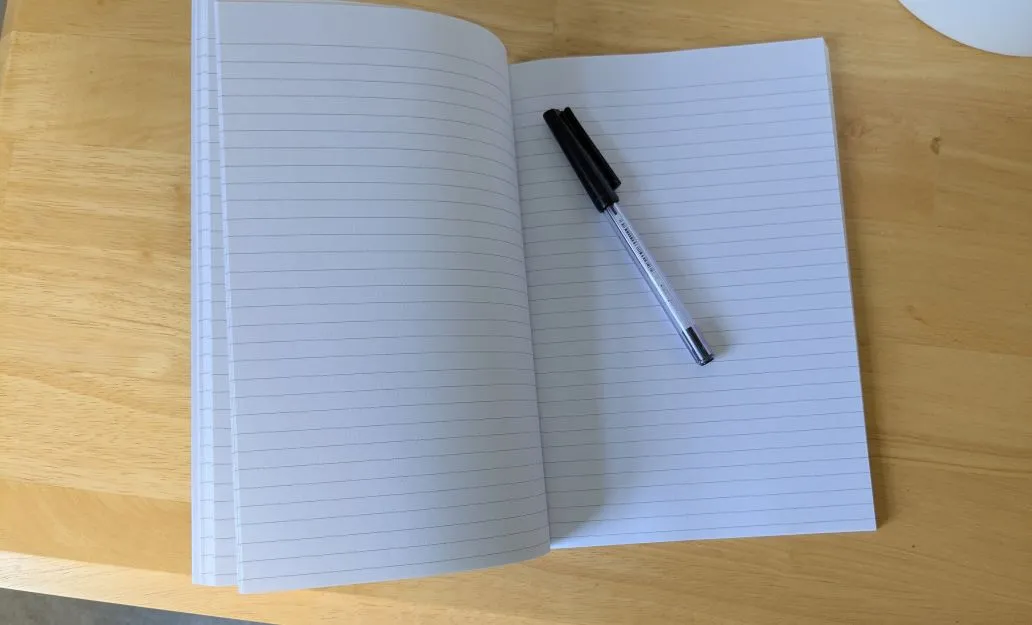Journaling is meant to support your life, not add pressure. The truth is, there is no single “right” way to journal. Some women thrive on a daily practice, others dip in weekly, and many of us need the freedom to adapt depending on what life looks like right now. What matters most is creating a rhythm that feels sustainable and genuinely useful.
Why Frequency Matters
The question of how often you “should” journal is one that trips people up. Daily journaling can help you track subtle changes and build a solid habit, but only if it fits your schedule. Writing a few times each week gives space for deeper reflection without overwhelming you. Weekly journaling works beautifully for those with busier lives, offering a chance to pause and take stock of wins and challenges. And then there’s journaling “as needed,” when strong emotions or important moments arise. This option removes the pressure of routine but can make it harder to build consistency.
There is no universal best practice here. The right frequency is the one you can commit to and enjoy.
Adjusting the Intensity
Just as frequency varies, so does the depth of each session. Sometimes a short, focused entry of a few sentences is enough to clear your mind. At other times, you may want to dive deeper with a longer reflection on your goals, values, or current challenges. Prompt-based journaling offers a middle ground, providing structure and saving time while still allowing for insight. Many women find that mixing approaches works best: a few quick jottings during the week, balanced by a longer, more thoughtful session when time allows.
Practical Ways to Tailor Journaling
If you are starting out, keep things simple. Write a few lines each day or set a timer for five minutes. As you find your rhythm, you can expand. Linking journaling to habits you already have, like your morning coffee or evening wind-down, makes it easier to stick with. Physical reminders such as keeping your notebook visible on your desk or setting a gentle phone alert can help too. Most importantly, allow for flexibility. Missing a day does not undo your progress. What counts is coming back to the practice without guilt.
Matching Journaling to Your Season of Life
-
A very busy schedule may only allow for one to three entries a week, kept short and focused.
-
If you are building a new habit, daily five-minute sessions are enough to establish consistency.
-
For deeper reflection, a weekly session of twenty minutes or more gives room to process emotions and track long-term growth.
-
When managing stress or anxiety, writing as needed, especially after triggering moments, provides immediate release.
-
If journaling is already part of your routine, try combining shorter daily notes with one weekly deep dive for variety and balance.
When to Make Changes
Journaling should feel like a support system, not a chore. If you notice it becoming another item on a to-do list, it is time to adjust. On days when energy is low, allow yourself to write just a single line. On days when you feel expansive, lean into a longer session. Life is not static, and your journaling practice should evolve alongside it. Periodically check in with yourself: is this routine still serving me? If not, shift it.
The Takeaway
Journaling is one of the most personal practices you can create. There is no perfect formula to follow, only the rhythm that helps you feel grounded and clear. Experiment with both frequency and intensity until you find what fits. What matters most is that the practice feels sustainable, something that supports your life rather than weighs it down. And remember: each time you choose the approach that works for you, you are not just building a journaling habit.
You are building the muscle of self-authorship which is the ability to shape your own routines and ultimately, your own story.



